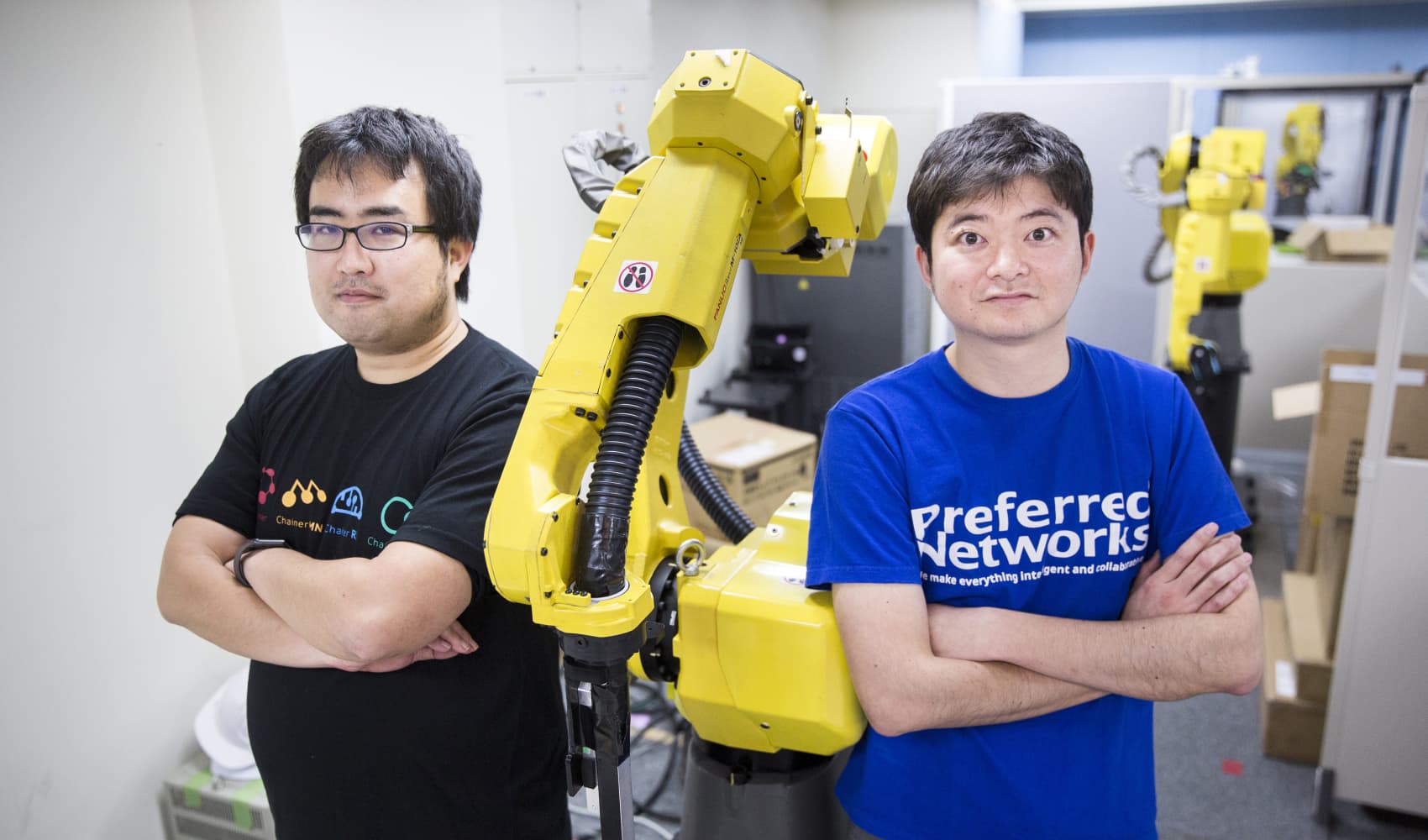
- Less than a year after being wounded in Gaza, Itamar Ben Hemo sold software startup Rivery last week to Pennsylvania-based Boomi.
- Boomi CEO Steve Lucas told CNBC the deal was "in the neighborhood of $100 million."
- Ben Hemo returned to work three months after being shot fighting in Gaza.
Itamar Ben Hemo didn't have to join the war. At age 49, the Israeli tech entrepreneur was well outside of the range of mandatory service. But following last year's Oct. 7 attack by Hamas, Ben Hemo signed up as a reservist, confident that his experience fighting as a paratrooper in Lebanon in 2006 made him valuable to his country.
In January, during what was supposed to be a quick mission into Gaza to help a wounded soldier, Ben Hemo says he remembers hearing a shot ring out and feeling a burning pain. He'd been hit by a bullet that evaded his protective vest. Several organs were damaged.
Ben Hemo was rushed to the hospital. He recalls thinking he might not make it.
Get top local stories in Philly delivered to you every morning. Sign up for NBC Philadelphia's News Headlines newsletter.
While Ben Hemo was recovering, the technology industry was in the midst of a fast-moving generational upgrade due to artificial intelligence. Businesses of all shapes and sizes continued to seek ways to integrate the technology into customer service, marketing and sales.
Rivery, which Ben Hemo helped start in 2019, plays directly into that theme, specializing in software integration through AI. Through Ben Hemo's hospital stay, surgeries and rehab, Rivery kept operating, servicing customers with the reassurance of other company executives.
Last week, roughly 11 months after Ben Hemo was hospitalized, his startup was bought by a a Pennsylvania-based cloud software company named Boomi. Terms of the deal weren't disclosed but Boomi CEO Steve Lucas tells CNBC it was "in the neighborhood of $100 million."
Money Report
Lucas describes Boomi as "Google Translate for business," taking the many different kinds of software a company uses, regardless of programming language, and integrating it all into a single functioning system. What makes Rivery so attractive, he said, is that it helps advance software integration by doing it in real time in the cloud using AI to analyze different kinds of data sets.
During his three-month recovery, Ben Hemo held company meetings and spoke to investors from his hospital bed.

"For me, anyone with that kind of fortitude has what it takes to make software work," Lucas said.
Rivery has about 100 employees and 450 clients from all over the world. Ben Hemo said he'd been approached by several other suitors but wasn't looking for a deal until Boomi sent his investors an email. Key early backers included Entrée Capital, State of Mind and Tiger Global Management.
Lucas said the developments in AI are happening so quickly that if companies are slow to adopt the technology properly, the risks are existential.
"If you're a CEO and not thinking of how your company can have units driven by AI enterprise, you could be the next Blockbuster" said Lucas, referring to the demise of the once-dominant video rental service.
Lucas says adding Rivery to Boomi will allow the combined company to keep AI on track, and when it goes off track, it will be able to recognize that and bring in a human to quickly solve whatever customer service problem is emerging.
"With no, incomplete or scattered data, there's no AI," Ben Hemo said. "We have found a way to solve this as information comes in, interpreting and organizing it for clients."

Still, Lucas says he's well aware of the risks of making a significant investment in Israel.
A war that started over 14 months ago with the Hamas invasion isn't over. Israel is still the target of rockets from Gaza and ballistic missiles from as far away as Yemen. More than 100 hostages taken from Israel remain in captivity, and it's unclear how many are still alive.
In Gaza, the human toll in lives and financial costs isn't calculable, but Hamas claims more than 40,000 people have been killed. Images from the region suggest that very few buildings remain intact due to the ongoing war.
"I'd be lying if I said we didn't contemplate the risks of doing business in Israel into account," Lucas said "But some of the best technology in the world has come out of Israel."
Soon after Ben Hemo was hit, another Rivery employee, Itay Galea, was killed on duty in northern Israel, where the country was fighting Iran-backed Hezbollah. Galea, a 38-year-old reserve officer, was given equity in Rivery so his surviving family will benefit from the Boomi deal.
According to the Israel Innovation Authority, which is part of the Israeli government, about 15% of tech workers left their jobs to join the army due to the war. Foreign investors held off on buyouts and investments.
But there are signs of a rebound.
A recent report by PwC Israel shows total exits from Israeli start-ups have eclipsed 2023 and the average deal size is now outpacing 2022 numbers. Rotem Eldar of Israeli venture firm 10D said, "2024 fundraising numbers are now starting to align with pre-war numbers." A report from 10D showed that cybersecurity companies are the biggest area of focus for investors.
Israel's stock market has also seen a recovery, with the Tel Aviv Stock Exchange more than doubling since its October 2023 lows.
For Ben Hemo, the sale to Boomi marks his second successful exit as a CEO and founder. He says he has now fully recovered from his wounds.
"I have the energy to do this," he said. "I'm so excited, we all understand the gift of this opportunity."
WATCH: AI investment cycles' duration will surprise investors






